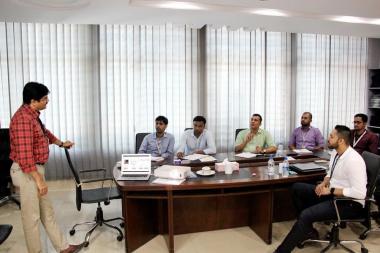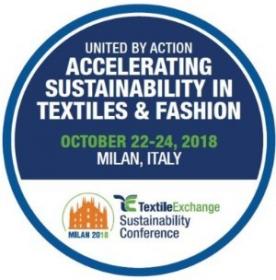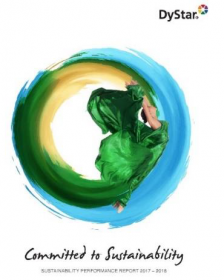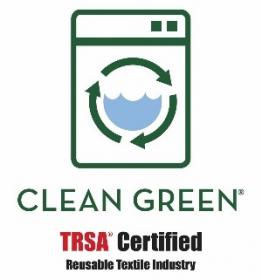DENIM EXPERT LTD. joins as a contributor to the ZDHC FOUNDATION
Denim Expert Ltd. are very proud that they have been accepted to join as a contributor to the Zero Discharge of Hazardous Chemicals (ZDHC) Foundation, The ZDHC missions is to enable brands in the textile, apparel, and footwear industries to implement chemical management best practices and advance towards zero discharge of hazardous chemicals by collaborative Engagement, Standard Setting and Implementation.
The main goals are set to eliminate priority hazardous chemicals in products and their manufacture, implement a transparent screening process to promote safer chemistry, implement common tools, best practices and training that advance chemical stewardship, partner with stakeholders to promote transparency of chemical usage and discharge and promote scaling of best practices through engagement with key stakeholders.
Under the guidance of the ZDHC Foundation, Denim Expert Ltd. have adopted various initiatives to ensure the zero discharge of hazardous chemicals, including:
- The establishment of traffic signals in the chemical store-room to aid in the safe storage of chemical product.
- The mandatory use of protective gloves when handling chemicals.
- The introduction of a chemical compatibility chart to ensure safe storage of chemicals and highlight their risk factor.
- Visible posting of Material Safety Data Sheet (MSDS) enabling close follow-up of chemical use.
- The installation of the appropriate ventilation and temperature control in the chemical storage area.
- Establishment of an emergency response plan, with any potential chemical spillage being monitored by a specially trained technical representative.
- Clear labelling on all chemicals following ZDHC guidance.
- Strict adhesion by all employees to the chemical inventory list.
- Allocation of a designated area for chemical waste disposal and treatment.
With its membership of the ZDHC, Denim Expert Ltd. joins more than 24 signatory brands, 59 value chain affiliates, and 15 associates (including Adidas, Benetton, BURBERRY, C&A, COOP, ESPRIT, Gap Inc. , G-STAR RAW, H&M,INDITEX, Jack Wolfskin, Lbrands, LEVI STRAUSS & CO, LI-NING, MARKS & SPENCER, Hugo Boss, Nike, Primark, Puma, PVH, Target) who are collectively working together to support implementation of safer chemical management practices.











